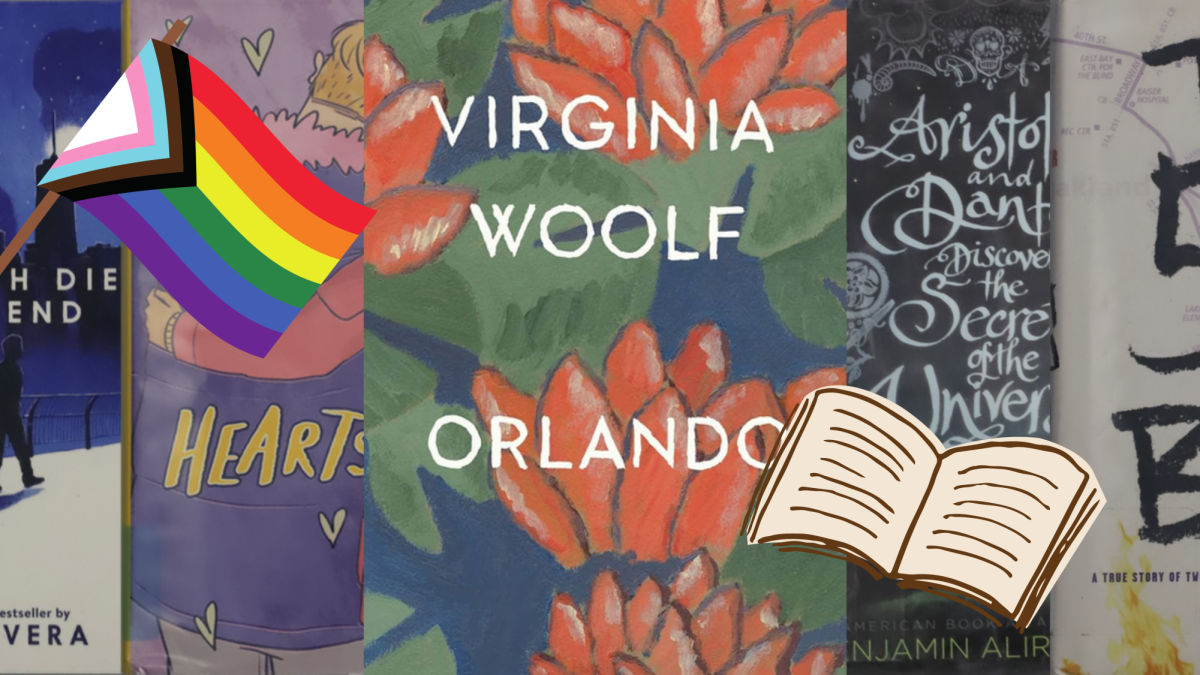English teacher Erika DeShay Lowenkron will be teaching the new CP Introduction to Queer Literature course next year. While much of classic literature is taught in schools, having a class dedicated to teaching work written by queer authors allows for a more in-depth conversation about LGBTQ+ issues.
“The goal is to try to give a little bit of history of queer authors and queerness in literature. So it would be a little bit of classic authors that maybe we’ve heard of, but we haven’t read their works that are geared towards queer material,” DeShay Lowenkron said.
In this course, students will analyze literature that relates to the unique experiences of the LGBTQ+ community. Students will read classic authors such as James Baldwin and Virginia Woolf and analyze more contemporary articles.
After receiving input from the Spectrum Club, DeShay Lowenkron brought the class to the district coordinator last year. But with not enough time, the class was unable to be approved, pushing it to start next year.
“I was involved in making the class and I think it is a good step. I am interested in a lot more classes that talk about minorities and other groups that have faced discrimination in the US… hopefully we see more classes that focus on topics like that,” senior Ben Ginsberg-Margo said.
As an educator, DeShay Lowenkron feels the responsibility to help her students by creating an environment that brings issues to light and supporting them as best as possible. By talking about the issues in a class setting, it allows students to feel comfortable with their experiences. Her hope is to create an environment for the LGBTQ+ community to talk about their experiences and relate them to literature that has an impact.
“It’s easy to be an ally and just say ‘I approve of these things,’ or ‘I have these friends,’” DeShay Lowenkron said. “And it’s important to be an ally. But I think the next step is to say, what can I do if I have any power? How can I use it to help someone who doesn’t have it?”
While much of classic literature is taught in schools, having a class dedicated to teaching work written by queer authors allows for a more in depth conversation.
“Students were missing and categories we don’t quite cover… there’s plenty of really great literature that we miss in other classes, and it felt like a good time to dig in,” DeShay Lowenkron said.
Using work written by queer authors and stories written about them allows for many students to learn about other experiences and validate their own.
“I think cultural representation classes are really important in general, both to students that fall under those cultural categories, but also in terms of educating people who may not know about that themselves,” junior Spectrum club member Milo Anderson said.
DeShay Lowenkron uses her own experiences to motivate students to feel comfortable expressing themselves within a class setting, allowing for a more safe environment for many students.
“I always want to walk into my classroom as a black teacher feeling like I can be exactly who I am and I want my students to come in exactly as they are,” DeShay Lowenkron said.
This story was originally published on Union Street Journal on January 11, 2024.

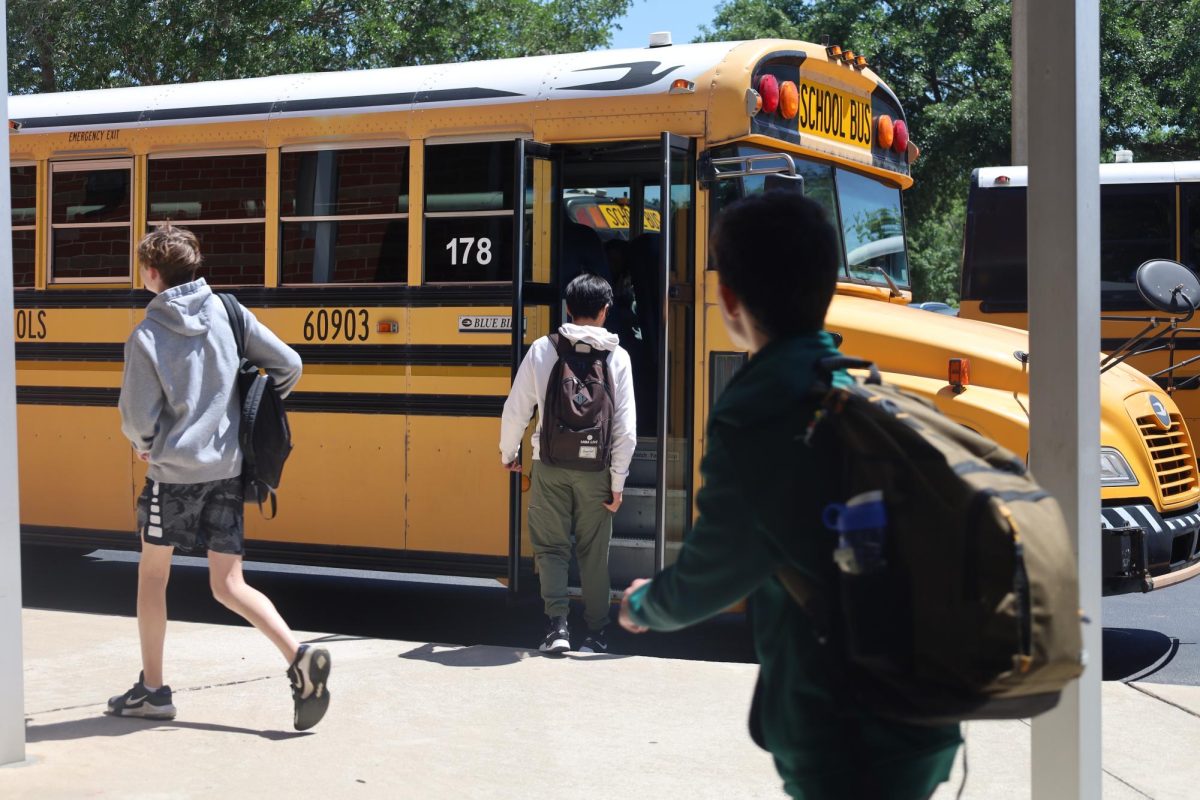
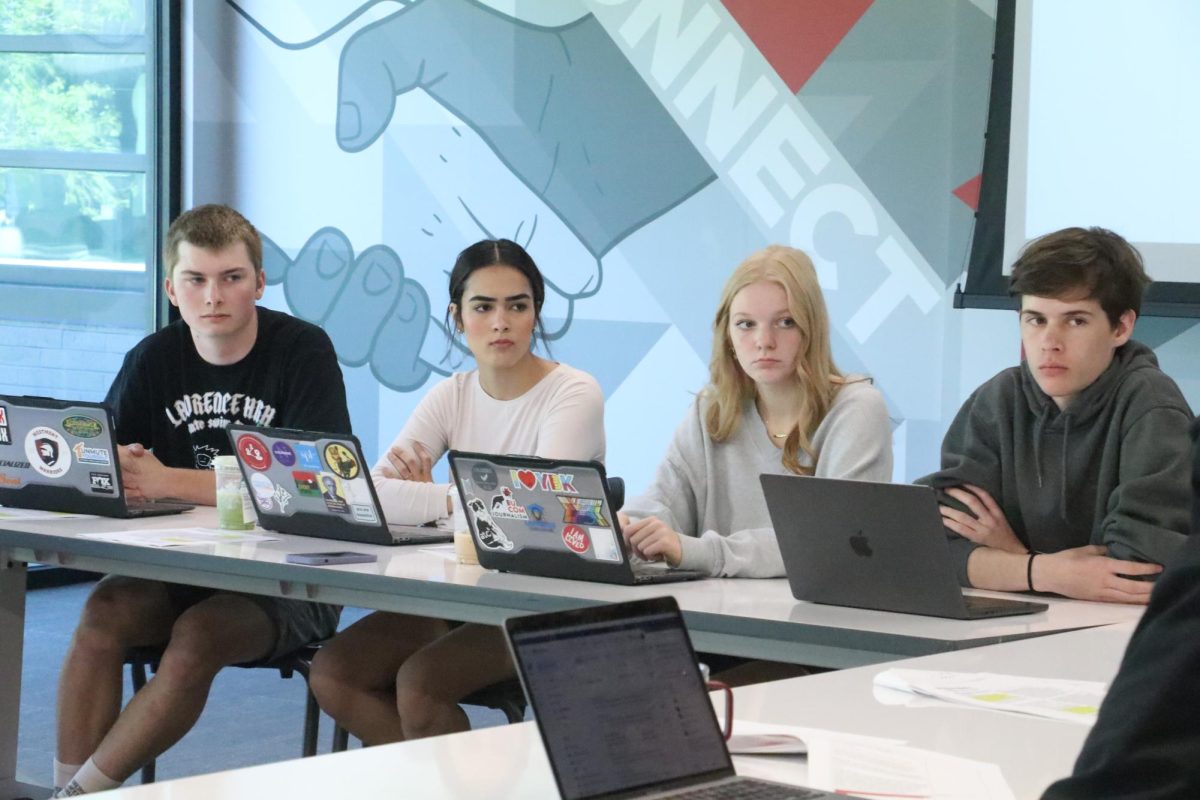
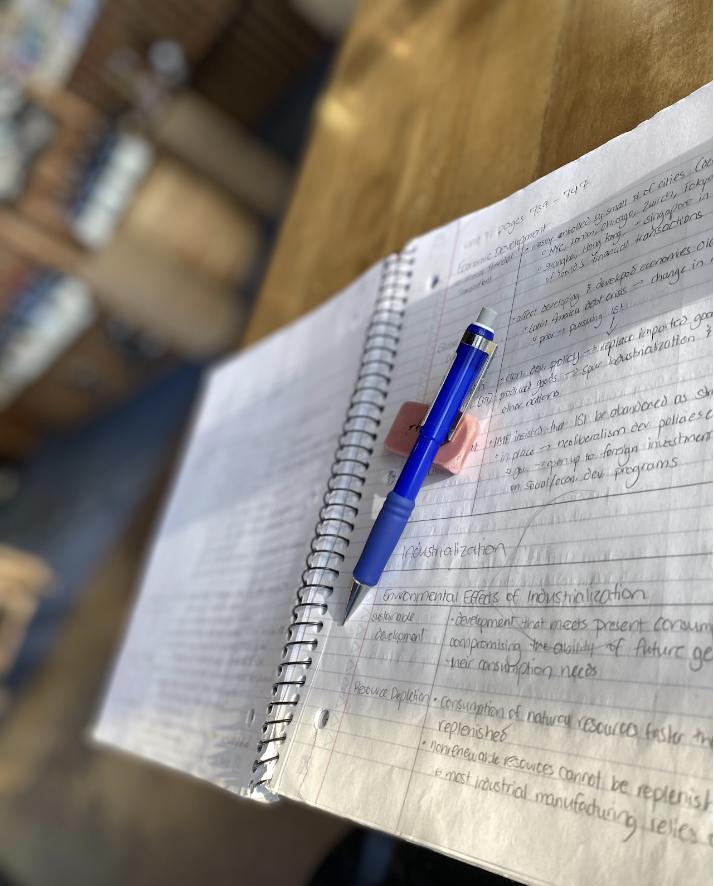
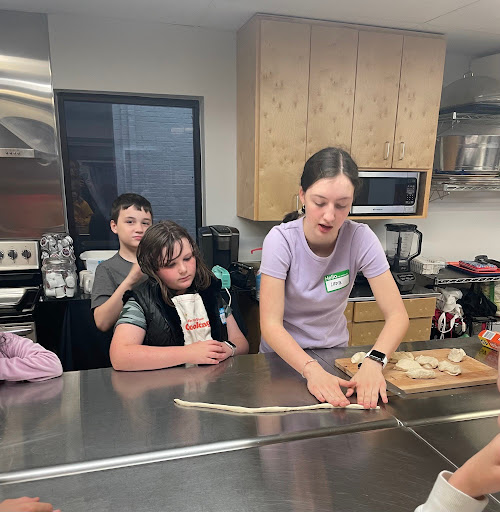
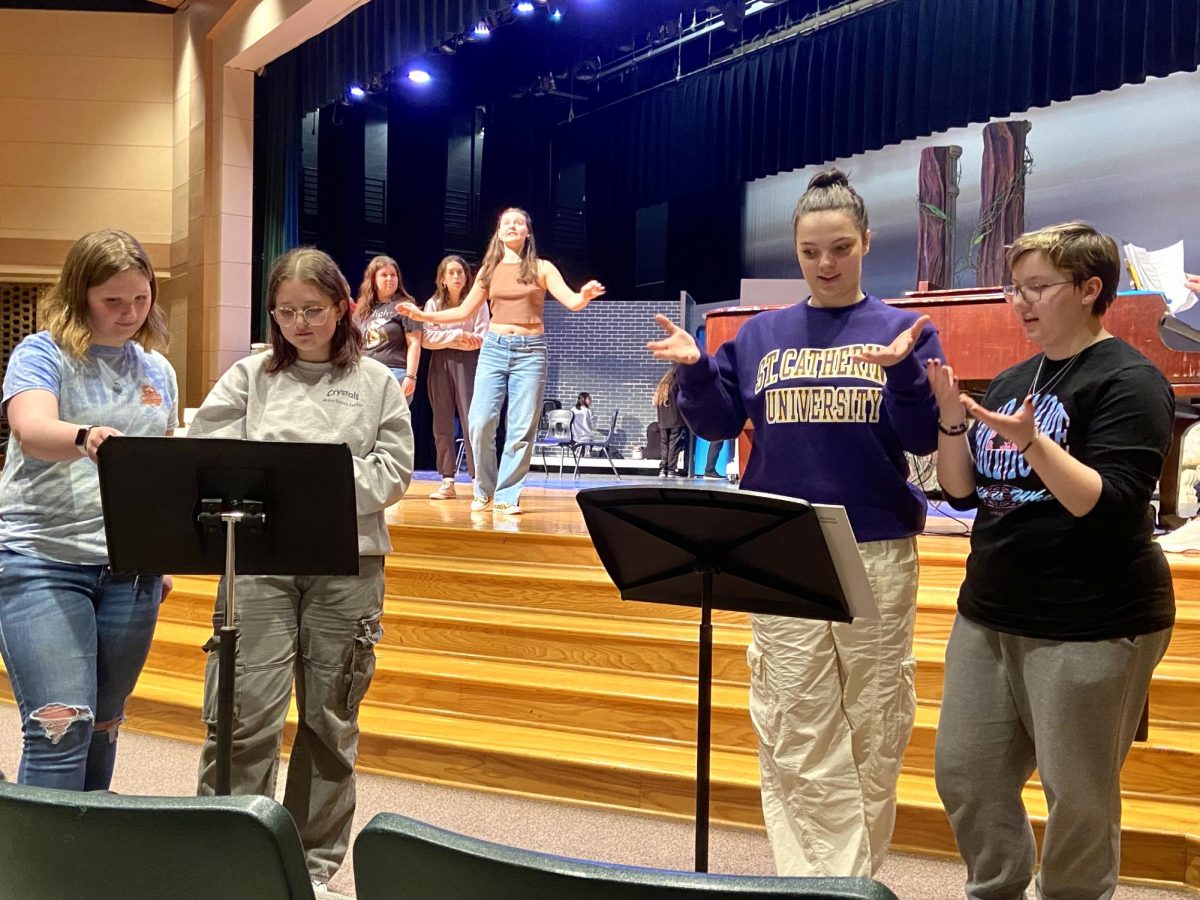
![It was definitely out of my comfort zone to get [the dress] and decide I loved it enough not to wait and risk not having something that memorable.](https://bestofsno.com/wp-content/uploads/2024/04/Precious_20180902_JRS_00008_ed1.jpg)
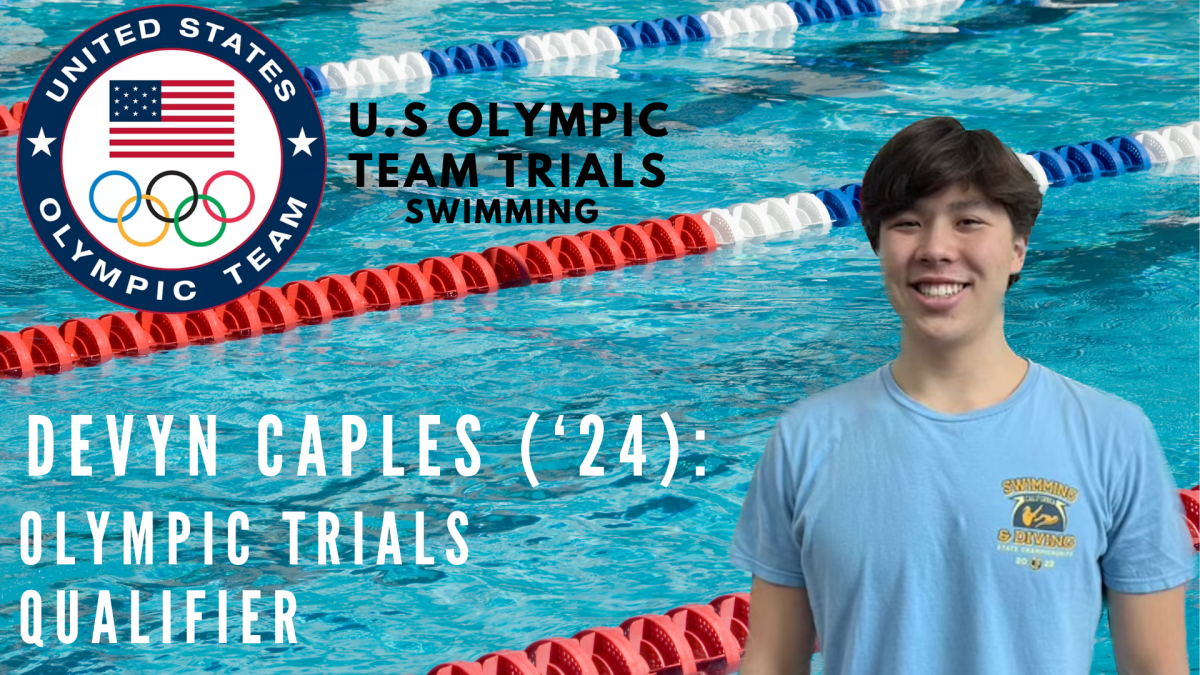

![Sophomore Sahasra Mandalapu practices bharatanatyam choreography in class. These new dances will be performed in an annual show in February. Mandalapu found that practicing in class helped her overcome stage fright during her performances. “When [I] get on stage, Im nervous Im going to forget, even though Ive done it for so long,” Mandalapu said. “Theres still that little bit of stage fright [when] I second-guess myself that I dont know it enough, but I do because Ive been practicing for a whole year.”](https://bestofsno.com/wp-content/uploads/2024/05/Sahasra-6-Large-1200x844.jpeg)

![In their full runway outfits, (from left) Audrey Lee 25, Olivia Lucy Teets, 25, Fashion Design teacher Ms. Judy Chance, and Xueying Lili Yang pose for a photo. All three girls made it to Austin Fashion Week by getting in the top 10 in a previous runway show held by Shop LC.
[I like my students] creativity and how they can look at a fabric and make it their own, Ms. Chance said.](https://bestofsno.com/wp-content/uploads/2024/04/IMG_9686-e1714088765730-1129x1200.jpeg)
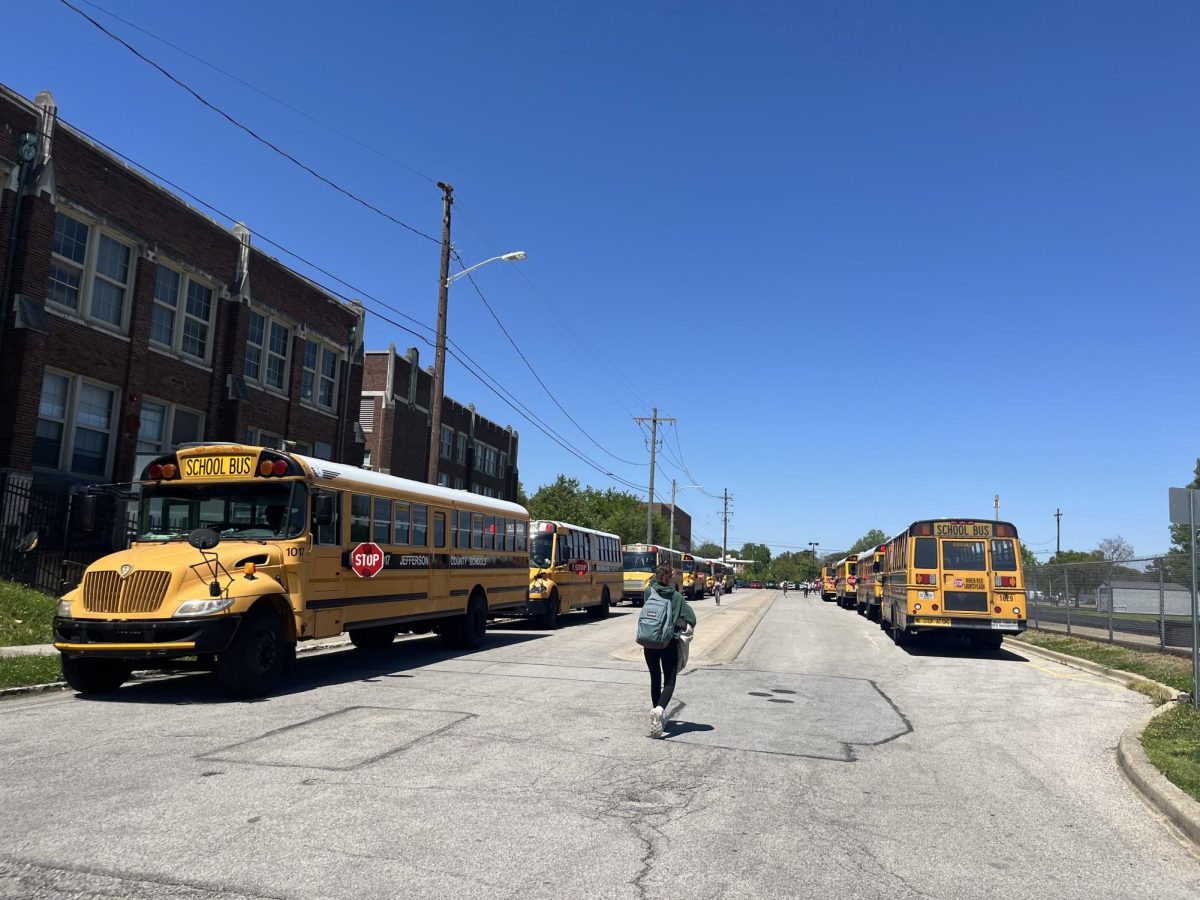
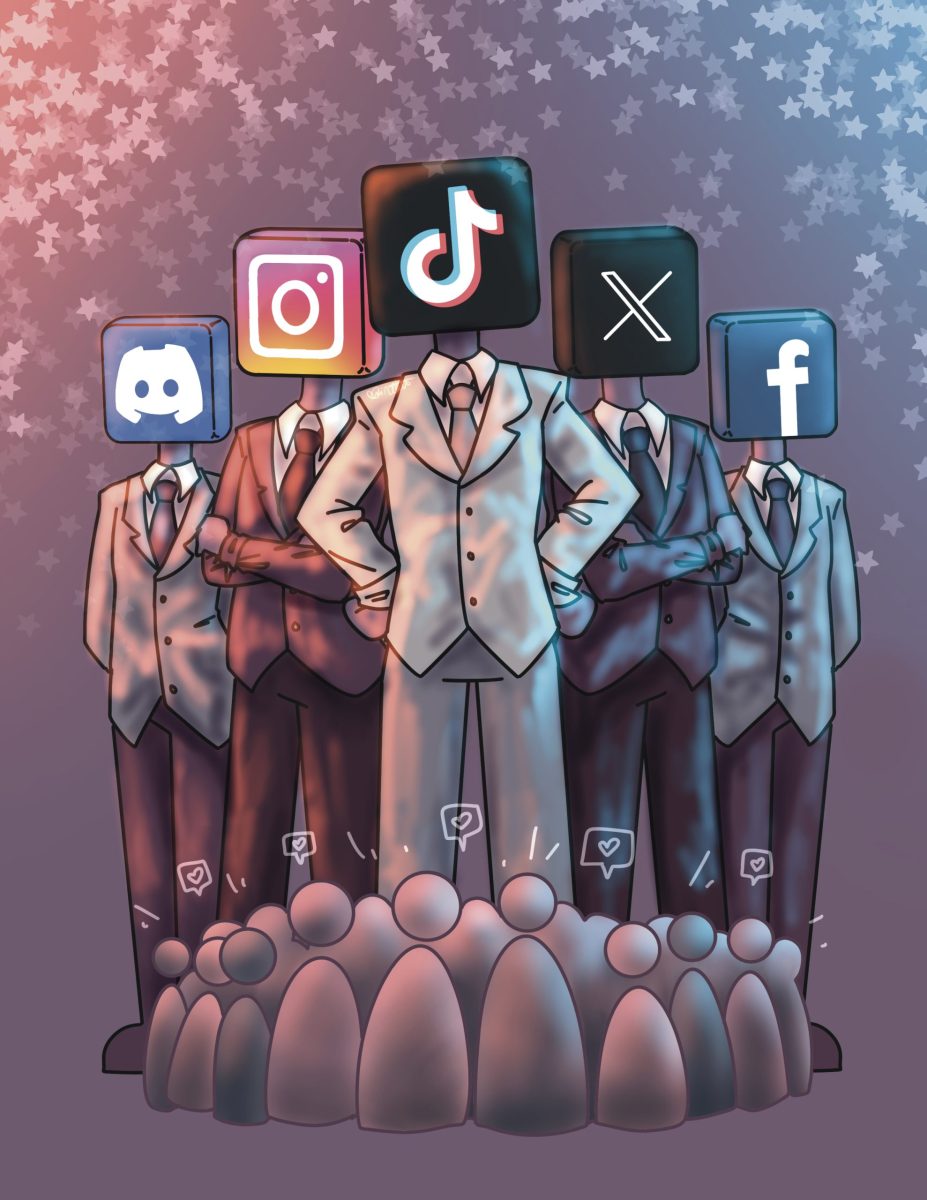



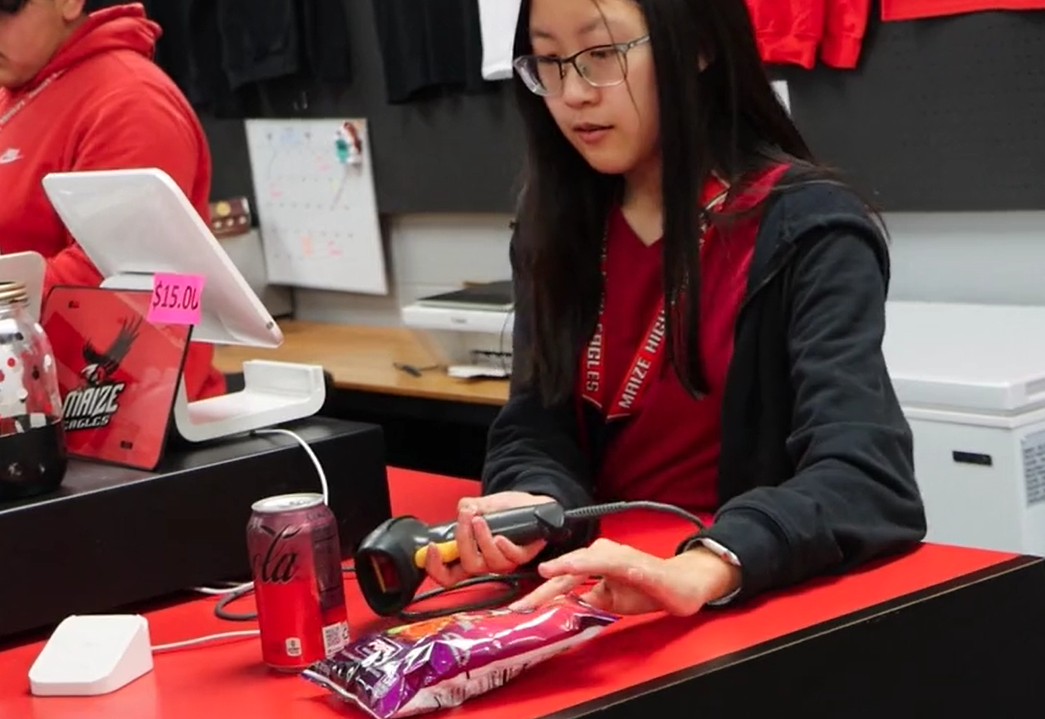
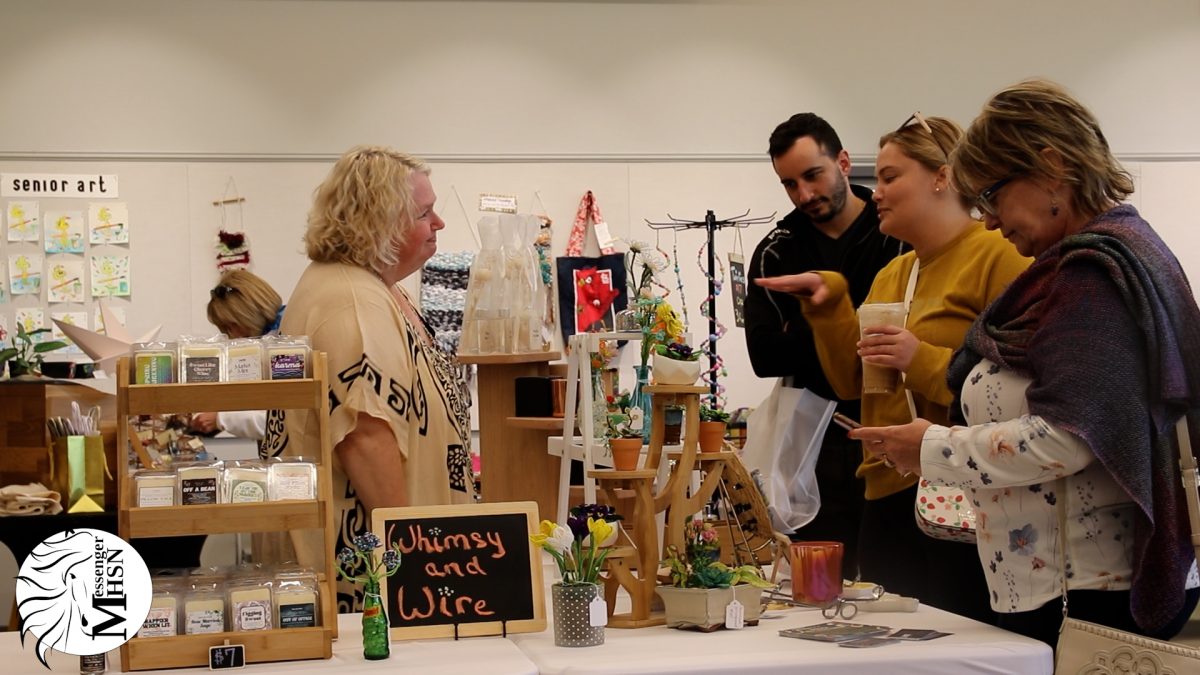







![IN THE SPOTLIGHT: Junior Zalie Mann performs “I Love to Cry at Weddings,” an ensemble piece from the fall musical Sweet Charity, to prospective students during the Fine Arts Showcase on Wednesday, Nov. 8. The showcase is a compilation of performances and demonstrations from each fine arts strand offered at McCallum. This show is put on so that prospective students can see if they are interested in joining an academy or major.
Sweet Charity originally ran the weekends of Sept. 28 and Oct. 8, but made a comeback for the Fine Arts Showcase.
“[Being at the front in the spotlight] is my favorite part of the whole dance, so I was super happy to be on stage performing and smiling at the audience,” Mann said.
Mann performed in both the musical theatre performance and dance excerpt “Ethereal,” a contemporary piece choreographed by the new dance director Terrance Carson, in the showcase. With also being a dance ambassador, Mann got to talk about what MAC dance is, her experience and answer any questions the aspiring arts majors and their parents may have.
Caption by Maya Tackett.](https://bestofsno.com/wp-content/uploads/2024/02/53321803427_47cd17fe70_o-1-1200x800.jpg)
![SPREADING THE JOY: Sophomore Chim Becker poses with sophomores Cozbi Sims and Lou Davidson while manning a table at the Hispanic Heritage treat day during lunch of Sept 28. Becker is a part of the students of color alliance, who put together the activity to raise money for their club.
“It [the stand] was really fun because McCallum has a lot of latino kids,” Becker said. “And I think it was nice that I could share the stuff that I usually just have at home with people who have never tried it before.”
Becker recognizes the importance of celebrating Hispanic heritage at Mac.
“I think its important to celebrate,” Becker said. “Because our culture is awesome and super cool, and everybody should be able to learn about other cultures of the world.”
Caption by JoJo Barnard.](https://bestofsno.com/wp-content/uploads/2024/01/53221601352_4127a81c41_o-1200x675.jpg)




